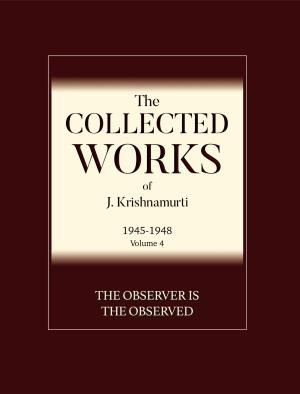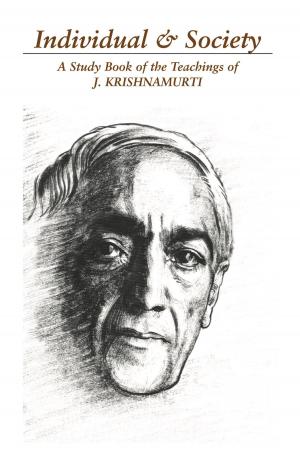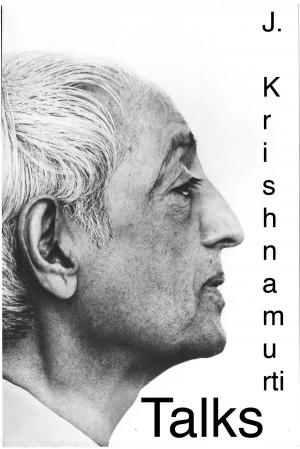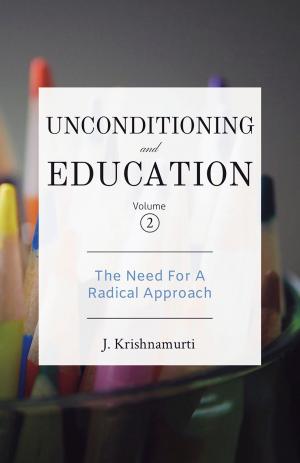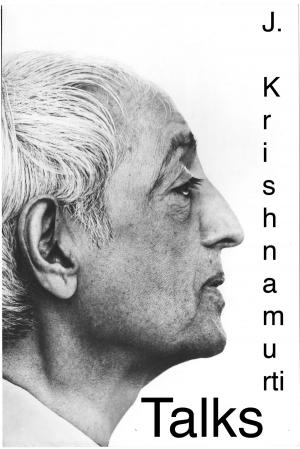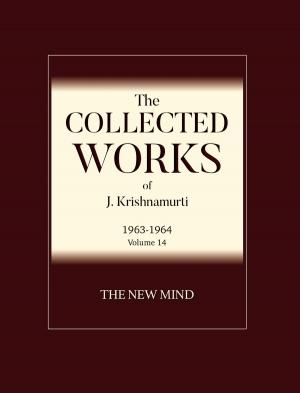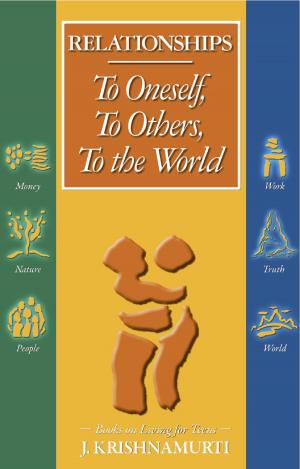Insights Into Education: Bringing About a Totally New Mind
Nonfiction, Religion & Spirituality, Philosophy| Author: | Jiddu Krishnamurti | ISBN: | 9781912875047 |
| Publisher: | Krishnamurti Foundation America | Publication: | January 1, 2019 |
| Imprint: | Krishnamurti Foundation America | Language: | English |
| Author: | Jiddu Krishnamurti |
| ISBN: | 9781912875047 |
| Publisher: | Krishnamurti Foundation America |
| Publication: | January 1, 2019 |
| Imprint: | Krishnamurti Foundation America |
| Language: | English |
Insights into Education presents the educational philosophy of J. Krishnamurti in an easy to use, topic-based format. It is a practical handbook that comes alive when used as an introduction to group investigation and dialogue. What it offers to teachers everywhere is an inroad into the many matters of concern with which they are faced on a daily basis. That we cannot continue as we have been doing, with rote-learning, fact-finding, and a modicum of analysis as the building blocks of education, is obvious to anyone who is at all concerned with teaching and learning in a world with accelerating technological advancement, alienation, and despair. It is these very issues that are tackled here, sometimes implicitly but always at depth. What Krishnamurti proposes, and here discloses, is a different approach to learning altogether, one that distinguishes itself radically from what we normally understand by that term: the accumulation of knowledge, with its application and testing. By narrowing down our understanding to the pragmatic and the measurable, we forfeit the opportunity to probe deeply and to awaken intelligence in our students and in ourselves. What is meant by intelligence in this context is not the capacity to memorize and measure, but that subtler ability to see the whole which comes alive in a human being when he/she sees the limits of the measurable. To awaken this intelligence is the goal of education. When KrishnamurtiÕs Notebook first became available in 1976, it was soon realized that it was a spiritually unique document giving his perceptions and experiences and describing his states of consciousness. It is a kind of diary but one that is little concerned with the day to day process of living, though very much aware of the natural world.
Insights into Education presents the educational philosophy of J. Krishnamurti in an easy to use, topic-based format. It is a practical handbook that comes alive when used as an introduction to group investigation and dialogue. What it offers to teachers everywhere is an inroad into the many matters of concern with which they are faced on a daily basis. That we cannot continue as we have been doing, with rote-learning, fact-finding, and a modicum of analysis as the building blocks of education, is obvious to anyone who is at all concerned with teaching and learning in a world with accelerating technological advancement, alienation, and despair. It is these very issues that are tackled here, sometimes implicitly but always at depth. What Krishnamurti proposes, and here discloses, is a different approach to learning altogether, one that distinguishes itself radically from what we normally understand by that term: the accumulation of knowledge, with its application and testing. By narrowing down our understanding to the pragmatic and the measurable, we forfeit the opportunity to probe deeply and to awaken intelligence in our students and in ourselves. What is meant by intelligence in this context is not the capacity to memorize and measure, but that subtler ability to see the whole which comes alive in a human being when he/she sees the limits of the measurable. To awaken this intelligence is the goal of education. When KrishnamurtiÕs Notebook first became available in 1976, it was soon realized that it was a spiritually unique document giving his perceptions and experiences and describing his states of consciousness. It is a kind of diary but one that is little concerned with the day to day process of living, though very much aware of the natural world.


